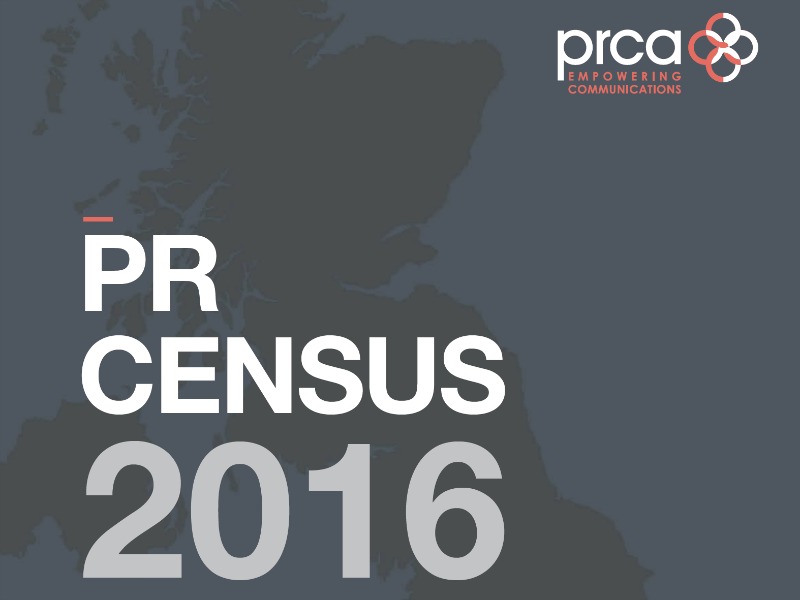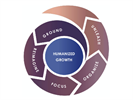Arun Sudhaman 10 Jun 2016 // 10:44AM GMT

The 2016 PR Census, which was revealed last night, again provides a wealth of data regarding the UK's PR market, based on a survey of 1,874 people across agencies and in-house departments.
One of the findings that will attract a considerable amount of attention is that the average PR salary is now £45,100, down from £53,781 in 2013, and even below the £48,247 recorded in the 2011 census.
This appears worrying. The decline impacts both agency and in-house salaries and appears to fly in the face of the conventional wisdom that pubic relations is more valued today than it was five years ago.
Obviously, economic concerns are a factor. The UK is hardly a high-growth economic market, and the PR market itself is mature. Communications budgets remain under pressure, which could imply a corresponding impact on salaries.
Accordingly, we contacted a few people to try and ascertain why the average PR salary is lower today than it was five years ago. PRCA chief executive Francis Ingham points to a shift "from a top heavy model to one that more appropriately rewards the people that do the most work."
The research does bear this out to an extent — while the average associate director salary has fallen sharply by more than £10,000, account directors are paid slightly more (£46,056) compared to 2014 (£41,072). So too are account managers and account executives.
"I believe that this is a result of two things: on the one hand, consolidation of the major networked agencies; and on the other, CEOs and board members having the confidence to set up their own outfits, taking a considerable pay cut in doing so," continues Ingham. "The entrepreneurial spirit is back."
Lansons CEO Tony Langham, meanwhile, thinks that "PR salaries are not falling, but they are lower." He attributes the findings to higher-paid consultants being replaced by less highly-paid executives when they depart. "Sometimes this is age related, where a departing consultant is replaced by a younger/less experienced one."
That trend, says Langham, is down to a continuing disconnect between PR spend and expanding assignments. "While PR and communications budgets are rising, they are not rising as quickly as the amount of work required to fulfill the expanded briefs and communications requirements," he contends.
The net effect is that margins are squeezed in agencies and in-house, and more work is required per person. "This means that more people are being employed, but at a lower average salary," says Langham.
That seems like a fairly useful way of looking at the situation, and is supported by PR Census data that the UK PR industry employes 83,000 people today compared to 62,000 in 2013.
However, a dissenting voice comes from FleishmanHillard Fishburn head Jim Donaldson. "It's certainly not what we are seeing," he says of lower average salaries. "I don't think salaries are under any more pressure than the last three to five years, but they are still under pressure. I don't see a change in the band either. It's still a big worry for all of us in the agency world — turnover remains a challenge and it's not as though clients are paying us more money."
Another finding of concern is the gender pay disparity, which the PR Census estimates at £9,111. This is more or less the same as the pay gap revealed by the CIPR's State of PR research, and is described by Women In PR president Mary Whenman as "simply unacceptable."
"Taking a closer look at PR agencies, while it is good to see progress being made at account executive and account manager level, the PR Census shows that women in senior roles continue to be paid less than their male colleagues," said Whenman. "It is also disappointing to see that in an industry with such a high intake of women, it is still dominated by men at board level with 64% of board directors and partners being men. However, the good news is the female pipeline looks strong with women outnumbering men 3:1 between account executive and associate director."
More on this soon as the Holmes Report helps to conduct research into the gender PR pay gap in markets across the world.


































.jpg)
















